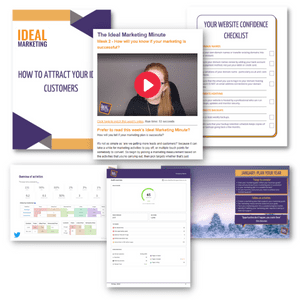Well-researched and targeted use of keywords is one of the most important factors in determining the success of your SEO. Once upon a time a keyword was simply a keyword, but as the complexity of the area has grown, there are now several types of keywords; including the most commonly known, the short tail and the long tail. So when it comes to short tail vs long tail keywords, which is the best for your business?

The difference between the two is simple – as their name suggests, short tail keywords are commonly-used short phrases that have a high search volume and therefore generate lots of competition in search engine rankings. A long tail keyword is longer and more specific with three, four or five keywords. This means that long tail keywords can have the benefit of being easier to rank as they are more likely to have less competition.
Short tail keywords
If your aim is to drive a lot of traffic to your site, short tail keywords will often be the most effective way of achieving this. However, the challenge you will face is that if your site is new or if you are only just beginning to improve your search results, you will be joining the back of a very long queue of businesses fighting for exactly the same ranking. So unless your company is at household-name level it’s unlikely to get on the first page of Google with commonly-used short tail keywords due to the high competition it will face from other businesses in the same field.
Long tail keywords
Most internet searches use more than five words. This means that long tail keywords can be very useful when it comes to getting the people you want to attract clicking on your page and landing on the content that they are specifically looking for.
 Long tail keywords are also a highly useful tool to allow businesses to target a more specific demographic and ensure that their organisation is reaching the right audience. While having a lower volume of searches, long tail keywords more than make up for this by attracting more relevant traffic with the fantastic potential this brings for higher conversion rates.
Long tail keywords are also a highly useful tool to allow businesses to target a more specific demographic and ensure that their organisation is reaching the right audience. While having a lower volume of searches, long tail keywords more than make up for this by attracting more relevant traffic with the fantastic potential this brings for higher conversion rates.
Targeted results
Ultimately your aim is for traffic to your website to convert to sales. The good news is long tail keywords tend to have a higher conversion rate. With searchers seeking out a specific product, it’s easier to convert these visitors when they find your relevant page as the content they find will match their needs.
Taking all this into account, it may seem that long tail keywords are the obvious choice, particularly for small and medium-sized businesses. While it’s true that they have many important benefits, we don’t recommend that you neglect short tail keywords. The best strategy is to use both, because as we have seen, basing your entire SEO strategy on short tail keywords will not deliver immediate results. As always, your exact strategy will depend on your specific business and product but carrying out keyword research is always necessary before embarking on the challenge of improving your search engine rankings.
For marketing advice specific to your business, get in touch and speak with a marketing specialist on 01858 374 170 or email info@idealmarketingcompany.com







